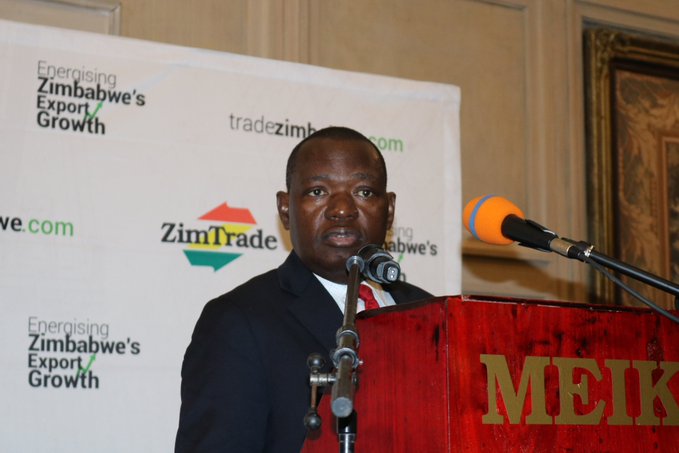By Anyway Yotamu
The government has welcomed the statements by the United Nations Secretary-General Antonio Guterres and the High Commissioner for Human Rights Michelle Bachelet calling for the rolling back of international sanctions against countries around the world as an essential part of the global effort to contain COVID-19. The two leaders encouraged the waiving of sanctions imposed on countries like Zimbabwe to ensure that they access food, essential health supplies and COVID-19 medical support.
In a statement to the media, Foreign Affairs and International Trade Minister Dr. Sibusiso Moyo said: “The Government welcomes the UN observation that sanctions have a debilitating impact on the health sector and that, in the context of a global pandemic, impeding medical efforts in one country heightens the risk for all of us. It must be recalled that this has always been Zimbabwe’s, SADC’s and the AU’s message. There has long been a consensus among many in the international community that sanctions are contrary to the Charter of the UN and stand in opposition to the principle of the sovereign equality of states. Further, they undermine international free trade by interfering with the right of third party countries and private entities to make their own decisions on trading with the affected countries. It is common knowledge that the performance of the Zimbabwean economy has been constrained due to the phenomenon of sanctions that have worked to worsen the socio-economic environment, with the poor and the vulnerable groups being the hardest hit”.
He also added that: “Zimbabwe’s access to international credit markets was blocked effectively after the enactment of ZIDERA. The country’s economy was greatly affected as the Government cannot borrow even in times of dire need. As a country operating virtually from hand to mouth, there has been a significant build-up in external arrears. This unfavorable development in the external sector has worsened the country’s creditworthiness as the country’s risk profile was heightened. Zimbabwe’s ongoing watershed reforms meant to turn around the fortunes of the country, after decades of decline, are taking place in this most unsupportive environment. This has led to the drying up of traditional sources of external finance from the donor community”.
Minister Moyo reiterated that “regrettably, Zimbabwe’s private sector is not spared. Zimbabwean companies are finding it extremely difficult to access offshore lines of credit because of the perceived country risk. If ever they manage to secure offshore financing, it is usually at punitive interest rates.
The impact of these sanctions on the country is even worse during a crisis such as the COVID-19 pandemic. The country‘s Strategic Preparedness and Response Plan are severely hampered by the illegal sanctions imposed on the country. The capacity to import test kits, medicines, face shields, and other protective kits have been limited. Even the private sector, which has a strong tradition of ploughing back into the community, has not been able to respond massively to this pandemic.
It is against this backdrop that the Government of Zimbabwe joins the UN family in calling for the lifting of sanctions against Zimbabwe to allow the country to make progress with its socio-economic development plans, turn around the fortunes of its people and make a solid contribution to global well-being.” said Minister Moyo.






